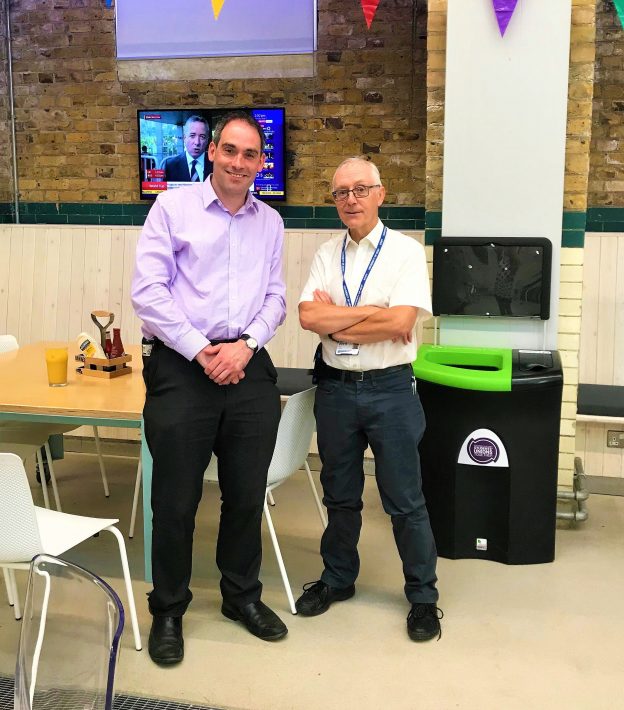Dr Chris Deacy, Reader in Theology and Religious Studies in the Department of Religious Studies, has released another instalment of his podcast series on ‘Nostalgia’ interviewing the Reverend Dr Alan Le Grys, who taught as Specialist Associate Lecturer in the Department of Religious Studies.
In a very candid interview, Alan talks about growing up in the South London suburbs on the edge of the largest council estate in the UK in a house that, when he was young, was thought might be haunted, and where he felt the presence of his deceased grandparents. Alan reflects on how, at school, he was the last child to be picked in football, but has in later years embraced running. He has, for example, run the London Marathon for charity. Alan also talks about the ritual of ‘dressing the part’, and offers the aphorism that one needs to ‘Make something routine so that it becomes so much part of your rhythm that you are freed to enter into it.’
Alan discusses the role that music has played in his life, principally in the form of ‘Bach, Beethoven and the Beatles’, and we learn which of the Beatles’ eras he considers to be ‘headache music’, and why. He also talks about why he returned to playing the piano in later years to Grade 5 standard, and how he has also recently accumulated around 10 hours of flying experience as a student pilot.
Despite having three degrees from King’s College London, Alan doesn’t see himself as an academic (leading to a riveting conversation around the theme of ‘imposter’ and ‘fraud’ syndrome) and had never considered either ordination or even going to university until it was suggested to him by his school teachers.
Alan talks movingly about the death of his father, and how his ‘world totally collapsed’, which happened while he was in the midst of writing an essay during his undergraduate degree on the Resurrection, and which he refers to as a ‘deep, formative experience’. Then, in the final part of the interview, we discuss the art of competitiveness and whether it is the process or the end goal that matters, and the way in which he believes the past can be thought of as being reframed by the future.
The podcast is available here.
